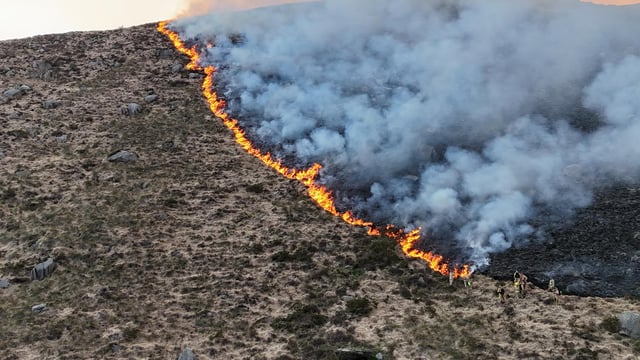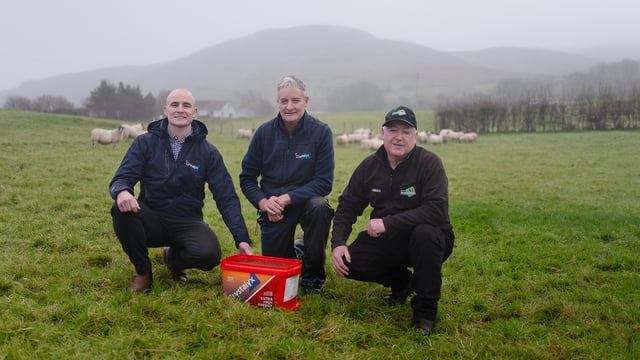Donohoe: No current plans to review inheritance tax model
The Minister for Finance, Paschal Donohoe "does not currently have plans" to review the Capital Acquisitions Tax (CAT) valuation date payment model.
The minister for finance was asked a series of parliamentary questions in the Dáil about different taxes and how they may impact farmers.
CAT is the tax that applies to gifts and inheritances in Ireland. It is payable by the beneficiary of a gift or inheritance.
Monthly instalment payments for up to five years are currently allowed in certain cases, subject to the payment of interest at an annual rate of 8%
A lower rate of interest applies where the benefit consists of 'agricultural property' or 'relevant business property'.
The date of an inheritance is usually the date of death of the person leaving the inheritance.
That date also determines the CAT rates and the group thresholds that apply.
However, the date by which CAT is payable is determined by reference to the “valuation date” of a gift or inheritance.
The CAT Consolidation Act (CATCA) 2003 contains the rules for determining the valuation date.
Minister Donohoe said: "I am advised by Revenue that it may allow payment of CAT by instalments over a longer period in exceptional circumstances where the tax cannot be paid without excessive hardship.
"In such circumstances, revenue may allow payment to be postponed for such period and on such terms as appropriate.
"Revenue will consider each case on its merits, taking into account both the financial circumstances of the beneficiary and the nature of the gift or inheritance involved," the minister added.
Minister Donohoe
Fine Gael TD, Naoise Ó'Muirí asked the finance minister his views on the way Ireland’s taxation system could help citizens mitigate risks with regard to the impact of climate change.
Minister Donohoe highlighted that taxation policy, with regard to greenhouse gas (GHG) emissions is largely based on the polluter-pays principle.
This is where high emission energy products, fuels or vehicles are subject to the highest levels of taxation.
The minister also said the taxation system has an important role in supporting efforts to transition to a low carbon economy and, over the past number of years.
According to Donohoe, over the past number of years, the government has brought in a number of environmental taxation reforms including legislating for increases in the carbon tax, as well as climate-proportionate changes to the vehicle registration tax and motor tax regimes.
He said: "I view the implementation of the statutory trajectory for increasing the carbon tax to €100 per tonne by 2030 as a central building block of our national decarbonisation taxation strategy.
"(The) government is committed to a carbon tax regime that is progressive with revenue raised from increases in the carbon tax since 2020 being hypothecated and thereby allocated for expenditure on climate action and the Just Transition."
"The additional revenue raised by increasing the carbon tax is ringfenced and used to enable transitional changes, to encourage the greening of agriculture and to provide targeted social welfare and other measures to prevent energy poverty," he added.





